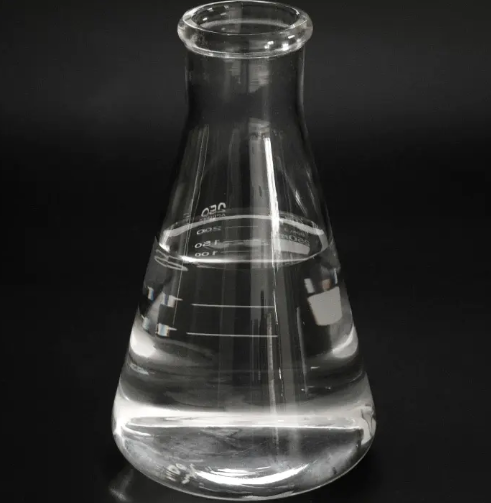Learn about recent related news.

What factors specifically affect the stability of Potassium Type Series Colloidal Silica/Silica Sol?
In the vast field of chemistry and materials science, Potassium Type Series Colloidal Silica/Silica Sol has gradually attracted attention due to its physical and chemical properties and broad application prospects. However, the stability of this high-performance material is not static, and it is affected by a variety of factors.
1. pH value
pH value is one of the key factors affecting the stability of silica sol. The surface of silica particles in silica sol carries negative charges, and these charges are balanced by hydrogen ions and hydroxide ions in water molecules. When the pH value changes, this equilibrium state will be broken, and the electrostatic repulsion between particles will change, which will in turn affect the stability of silica sol. Potassium type series silica sol contains potassium salt additives, and the pH value changes will be more sensitive, requiring precise control to maintain its stability.
2. Temperature
Temperature is another important factor affecting the stability of silica sol. Under high temperature conditions, the water in silica sol is easy to evaporate, resulting in increased concentration, reduced distance between particles, and agglomeration or precipitation. High temperature may also accelerate the rate of certain chemical reactions in silica sol, such as hydrolysis, polycondensation, etc. These reactions will also destroy the stability of silica sol. When using and storing potassium series silica sol, the temperature conditions should be strictly controlled to avoid excessively high or low temperatures that have an adverse effect on its stability.
3. Electrolyte concentration
Electrolyte concentration is another factor that cannot be ignored that affects the stability of silica sol. Electrolytes will ionize ions in the solution, and these ions will interact with the charges on the surface of silica sol particles, changing the electrostatic repulsion between particles, thereby affecting the stability of silica sol. Potassium series silica sol contains electrolyte components such as potassium salts, and the electrolyte concentration has a more significant effect on its stability. During preparation and use, the electrolyte concentration should be reasonably controlled to maintain the stability of silica sol.
4. Other factors
In addition to the above factors, there are some other factors that may also affect the stability of potassium series silica sol. Physical factors such as mechanical stirring and ultrasonic treatment may destroy the particle structure in the silica sol, resulting in a decrease in stability; and certain chemical substances such as surfactants and chelating agents may affect the stability of the silica sol by changing its surface properties. When preparing and using potassium-type silica sols, the influence of these factors must be considered and corresponding measures must be taken to control them.
Related Products
-
Ammoniacal Colloidal silica/silica sol is a low density, colloidal silica used as a filler in coatin...
-
Colloidal silica/Silica Sol with Large Particle Size
Colloidal silica/Silica sol is a kind of colloid which is formed by nm-grade particles SiO2, dispers... -
Low Sodium Type Colloidal Silica/Silica Sol
Colloidal silica/Silica sol is a kind of colloid which is formed by nm-grade particles SiO2, dispers... -
Potassium Type Series Colloidal Silica/Silica Sol
Colloidal silica/Silica sol is a kind of colloid which is formed by nm-grade particles SiO2, dispers... -
Sodium Colloidal Silica/Silica Sol
Sodium Colloidal Silica/Silica Sol Colloidal silica/Silica sol is a kind of colloid which is formed ... -
Acid Series Colloidal Silica/Silica Sol
Acidic silica sol is a colloidal solution formed by uniform diffusion of silica particles in water. ... -
Colloidal Silica/Silica Sol With Small Particle Size
Colloidal silica/Silica sol is a kind of colloid which is formed by nm-grade particles SiO2, dispers... -
Neutral Colloidal Silica/Silica Sol
Colloidal silica/Silica sol is a kind of colloid which is formed by nm-grade particles SiO2, dispers...


 中文简体
中文简体